by Wolfgang Grisold and Svein Ivar Mellgren
The 6th European Board examination in Neurology will be held on Friday May 30, 2014 during the Joint Congress of European Neurology in Istanbul, Turkey.
The examination is a joint development of the UEMS/EBN and the ENS and EFNS with the contribution of questions from the MDS (Movement Disorder Society), the ESO (European Stroke Organisation), e-brain and several other societies and individuals.
The pattern and methodology of the UEMS/EBN examination consists of 120 MCQs (Multiple Choice Questions) and 100 EMQs (Extended Matching Questions), which are case scenarios with 8-20 possible correct answers. The EMQ test, in addition to knowledge, also evaluates clinical reasoning. The development of this new type of examination has been time consuming and could only be completed with the help of several individuals, which are mentioned on the website and who spent considerable efforts in this task. The MCQs and EMQs are followed by a 5 minute oral case presentation.
As participants from the European countries including EEA, Turkey, USA and Canada are candidates who have a locally certified clinical training in these countries, they are awarded the title “Fellow of the UEMS/EBN”.
Since 2013 the exam is also open for candidates world wide, who will be awarded a “Diploma of the UEMS/EBN”.
In addition to the described steps of quality assessment, since 2012, for each part of the examination, the MCQs and EMQs, a passing limit, based on the Nedelsky (MCQ) and the Angoff (EMQ) methods was introduced.
Internationally the UEMS/EBN examination is presently considered as equal to the national examination by Austria and Belgium, and it is hoped that like in other sections of the UEMS, the examination will either partly or as a whole replace the national examinations.
The process of the examination, the list of topics and examples for MCQs and EMQs are presented at the UEMS/EBN website (http://www.uems-neuroboard.org/ebn/).




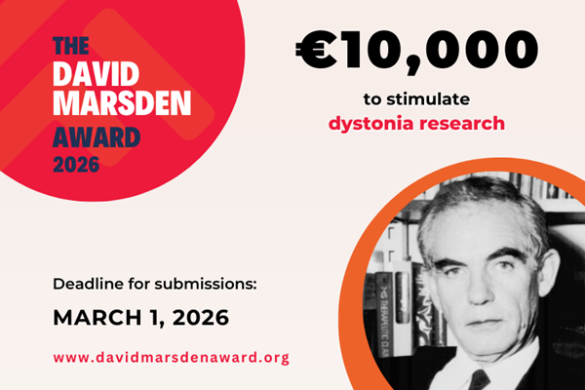

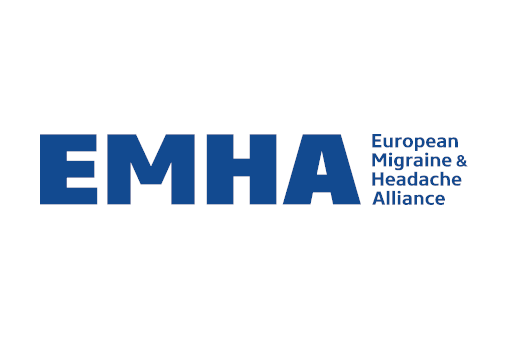
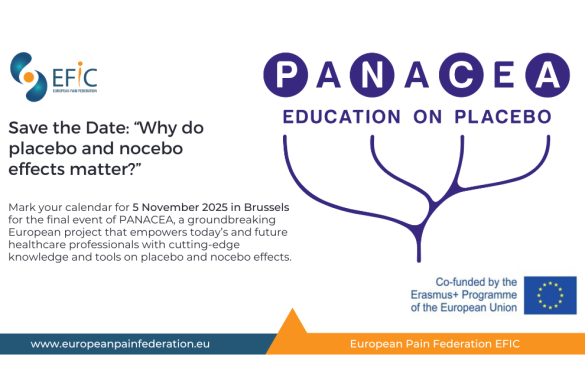


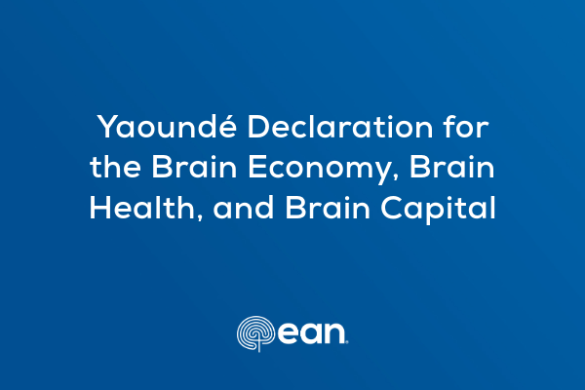

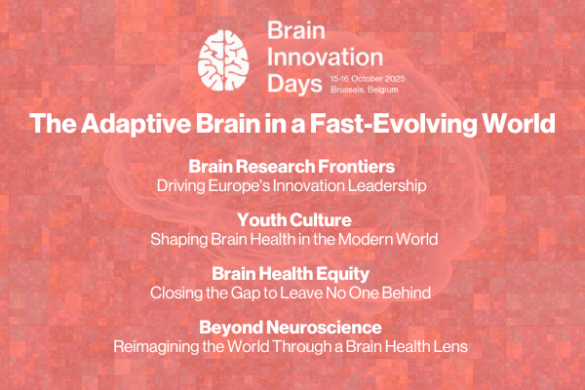

1 comment
Who can process for sharing in the EBN examination
Just sending the email is sufficient